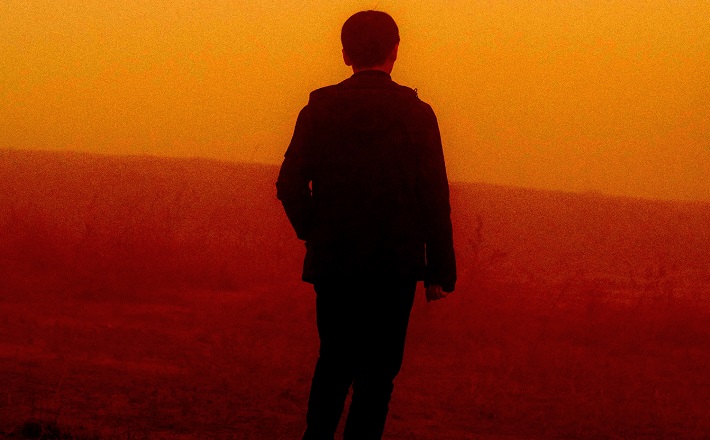Commentary on Micah [1:3-5]; 5:2-5a; 6:6-8
A very important starting point for us preachers is to recognize that Micah’s pronouncements are directed toward us.
Just as the prophet indicts political authorities, he calls out religious authorities. Therefore, instead of pointing the finger at others’ complicity in the world’s injustices, this not-so-minor prophet requires us to consider our own. Once we do this we are prepared to remind others to do justice, love kindness and walk humbly with our God. In other words, the stance we preachers take here is as those who walk alongside our people. While an articulated confession from the pulpit is likely not necessary (and, in most cases, not appropriate), it would make a difference if we were to offer an explicit admission that Micah’s challenge is not a breezy task for anyone, including us.
Second, remember that we all know better. Verse 8 serves as a reminder that God has already revealed what God expects of us. “He has told you, O mortal, what is good.” In other words, there is nothing new about the call of God’s followers to do justice, love kindness and walk humbly with God. What may be new to some is an emphasis on the fact that God does not want our sacrifices. Try as we might to please God by “out sacrificing” the next person, we cannot please God in this way.
Note the pleading attempt on the part of the questioners to negotiate a “buy out.” They are begging for some clarity as they propose a willingness to do anything at any cost.
- Shall I come before him with burnt offerings, with calves a year old? Done.
- Will the Lord be pleased with thousands of rams, with ten thousand rivers of oil? If so, done.
- Shall I give my firstborn for my transgression, the fruit of my body for the sin of my soul? Done?
The improbability builds with each question. Clearly the questioners are committing more than they can offer. How in the world could anyone harness ten thousand rivers of oil? This arrogant swagger does not please God. It did not then, and it doesn’t now. The preacher can work with this progressively more ridiculous line of questioning.
How do we hyperbolize our capacity to sacrifice in order to please God? Begin with a reasonable proposal; say, a tithe. Then ramp it up a bit; say, an annual income, a deferred gift, thousands of acres of land or the contemporary equivalent of ten thousand rivers of oil. At the next level, even though the improbability has increased (are we really willing to give our firstborn?), at least the questioner recognizes it is more about our person and less about our things. Even if we don’t actually plead such things in the petitions of our prayers of the church, chances are most of us have thought that God might be placated in such ways.
Ironically Micah’s hearers, and perhaps we too, might prefer this more difficult road. But the gift — and here is that divine twist — is that the more difficult, if not unattainable, road is not what God desires.
- What if I don’t have calves or rams? No problem.
- What if I don’t have access to oil? No problem.
- What if I have no children? No problem.
The good news is that what God desires from us is within our capacity because of who God is and what God does.
A reminder: doing justice, loving kindness and walking humbly with God, though more probable than offering ten thousand rivers of oil, is not easy. If it were, this world would be a very different place. Instead we are more like the Apostle Paul who does not understand what he does. “For what I want to do I do not do, but what I hate I do” (Romans 7:15). Therefore, steer clear of any all-we-have-to-do-is- … kind of talk. Yet another “it’s-as-simple-as-that” social justice pep talk will likely not reach the desired outcome.
The challenge for the preacher, then, is to right the ship of attempted bargaining with a deep exploration of the complexity of doing justice in the 21st century. What are some examples of kindness in action? I recommend soliciting stories from your people. What new thing could emerge if we truly walk humbly with our God? Let’s dream. Then, Micah demands that we live into those dreams. According to Micah, God is pleased when we are in faithful relationship with God and committed relationship with our neighbor. The injunction is a new way of living.
An additional element to explore is why Israel and God are in this tête-à-tête in the first place. What has precipitated this kind of pleading, this kind of attempt to “buy off” God? How do we get into those situations in the first place? Better yet, I would want to hear how I might avoid such dilemmas, if at all possible.
Finally, while the book as a whole contains much judgment, ultimately hope wins. Such hope is powerfully foretold in Micah 5. Essentially, from you, you, “O Bethlehem of Ephrathah, who are one of the little clans of Judah,” will come one who will lead. You will live in security. We know that Micah’s prophecy holds. A leader, our leader, did come from Bethlehem. That leader has and does hold us securely in his loving arms. Hope wins.
PRAYER OF THE DAY
God of justice, you sent your servant Micah to proclaim justice and peace to a world that lacked both. Make us instruments of justice and peace, so that your world might prosper. We pray these things in the name of Jesus Christ, our Savior and Lord. Amen.
HYMNS
Let justice roll like streams ELW 717
Amazing grace ELW 779, H82 671, UMH 378, NCH 547, 548
Take my life, that I may be ELW 583, 685, H82 707, UMH 399, NCH 448
CHORAL
Help us accept each other, John Ness Beck


November 11, 2018